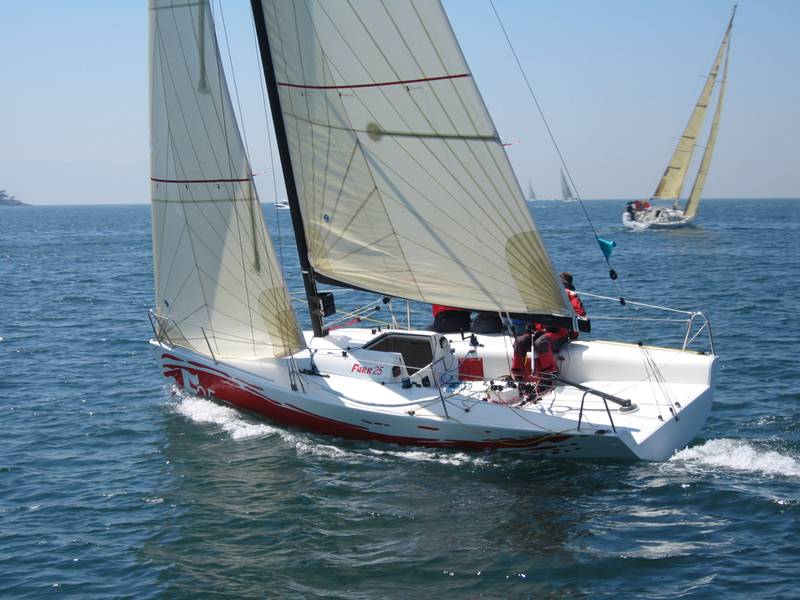Safety plays an important role in sailing due to the very nature of the outdoor world and what is involved.
Being out on the water carries a number of risks, so nullifying these risks as much as possible is seen as essential.
From simple safety practices to knowing what to do in an emergency, there are some parts of sailing that are absolutely essential to ensuring the best possible experience.
Here are five crucial pieces of safety advice that are designed to keep sailors safe and well, both on the water and back on dry land:

Learning to sail is essential to knowing how to conduct yourself on the water and it ensures that all the basics are covered.
A number of sailing training courses exist to help with this aspect of sailing, explaining aspects such as casting off, maintaining balance and changing direction.
More advanced sailing courses are then available to further improve ability and to develop more skills that can enhance the sailing experience of the individual involved.
Staying safe on the water requires this kind of training, as it prepares sailors for what they might face and limits potential risks.
As with anything where potential risks are involved, it is absolutely essential to prepare in advance and to be aware of what could happen.
Taking emergency supplies can help to maintain a level of good health should someone be stuck on the water for a large period of time.
At the same time, communication devices are also a necessity, so that emergency services can be contacted should something go very badly wrong.
While it might seem unlikely that something this dramatic may occur, changing weather conditions could occur instantaneously, and even the most experienced of sailors have sometimes been caught out.
It also helps to tell other people of any intentions to sail, so that at least one other individual is aware that someone is out on the water.
When preparing to sail, forecasts and conditions should be checked in advance to ensure the safest possible environment.
Undertaking a wide variety of sailing training prior to heading out on the water will help to prepare for some of the different conditions that could be faced.
A sailor should be aware of their planned route, while also knowing alternatives in the event of a sudden change in conditions.
Sailing on rivers or inland lakes is unlikely to pose as much of a threat as open water, but the risk remains so even these areas should not be taken lightly.
Advanced RYA sailing courses can help to teach sailors about navigation, while day skipper training can provide a more extensive approach.
Learning the basics is one thing, but mastering them is something completely different – it requires a great deal of time and effort.
Going over the various skills that are required to use certain vessels helps with preparations and should make things easier when actually out on the water.
Knowing the basics eradicates the chances of simple errors causing trouble, enhancing the experience for the sailor.

Despite the best efforts to reduce risks, it is very difficult to remove them entirely – making what to do in an emergency an essential part of sailing training.
Rya first aid courses provide the essentials of how to deal with any injuries that might be sustained and for details on recovering people from the water.
Advanced survival courses can go into far greater depth and can tackle issues such as emergency resuscitation and recovery – of vital importance should something go wrong.
These training courses are designed to ensure that sailors are able to deal with any situations that may be thrown at them – regardless of their severity.